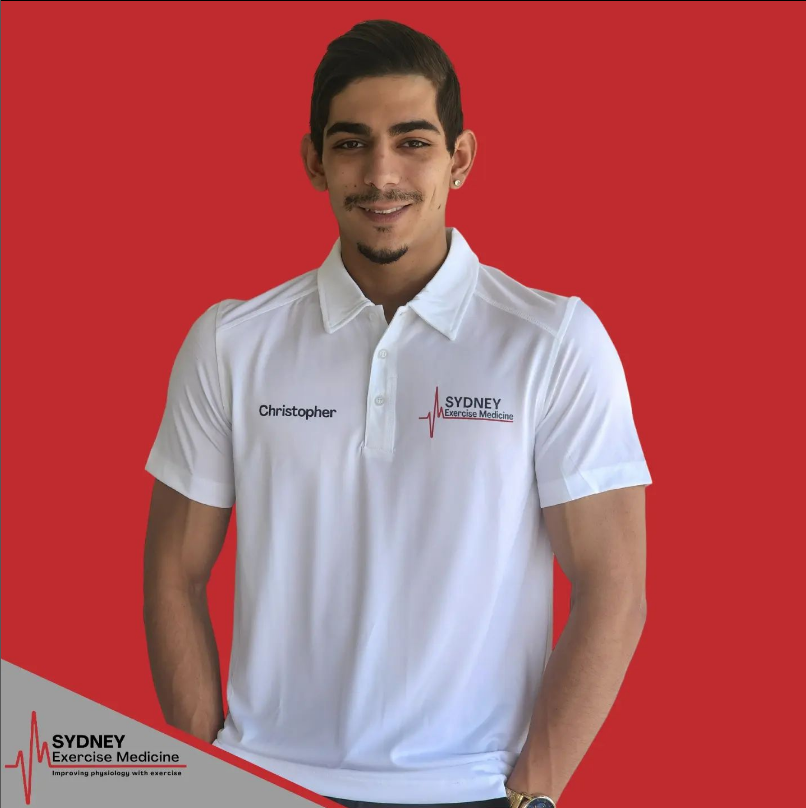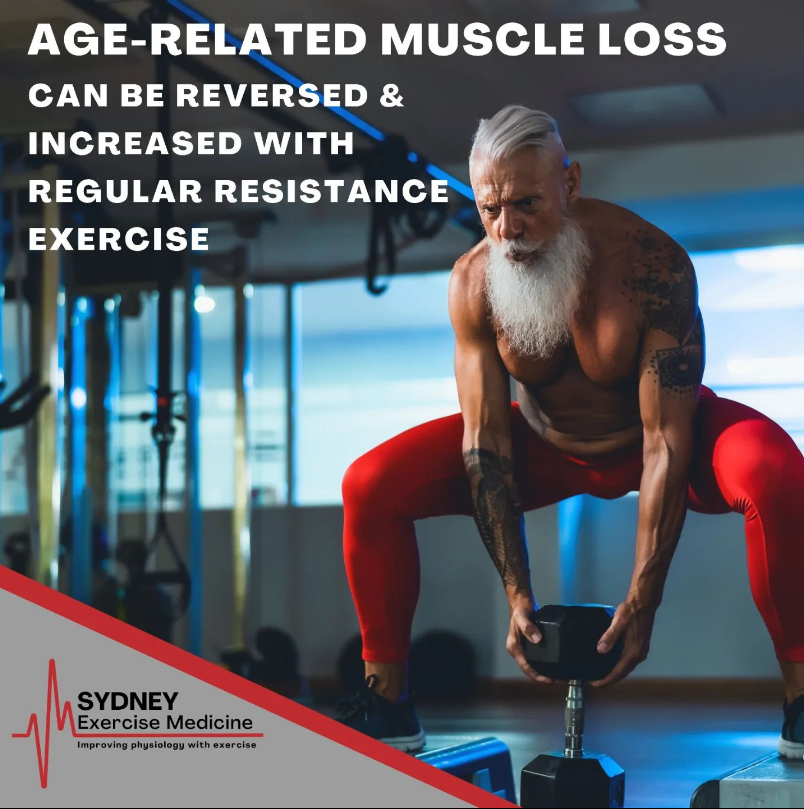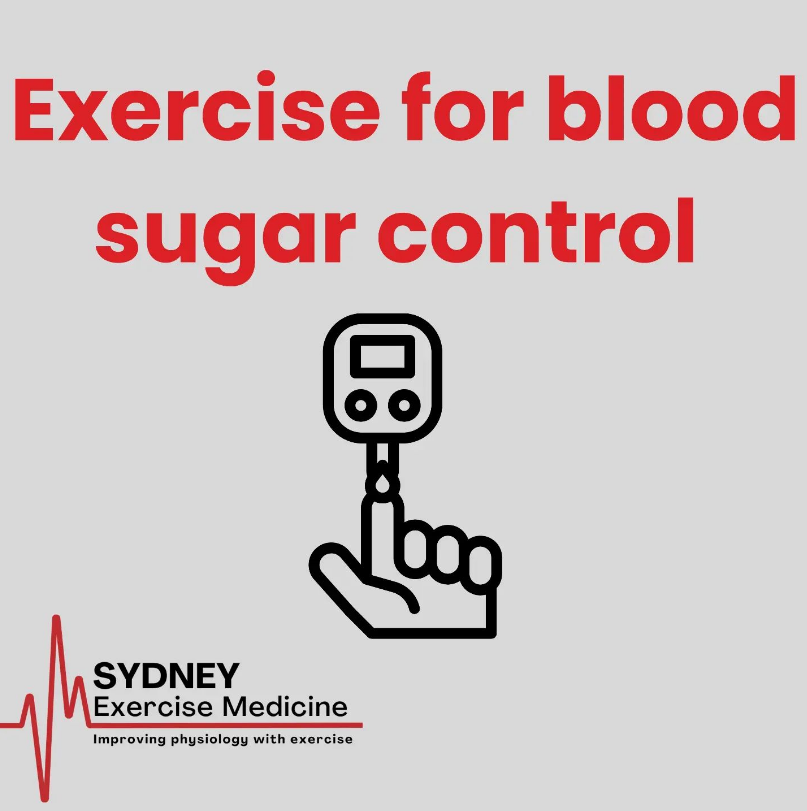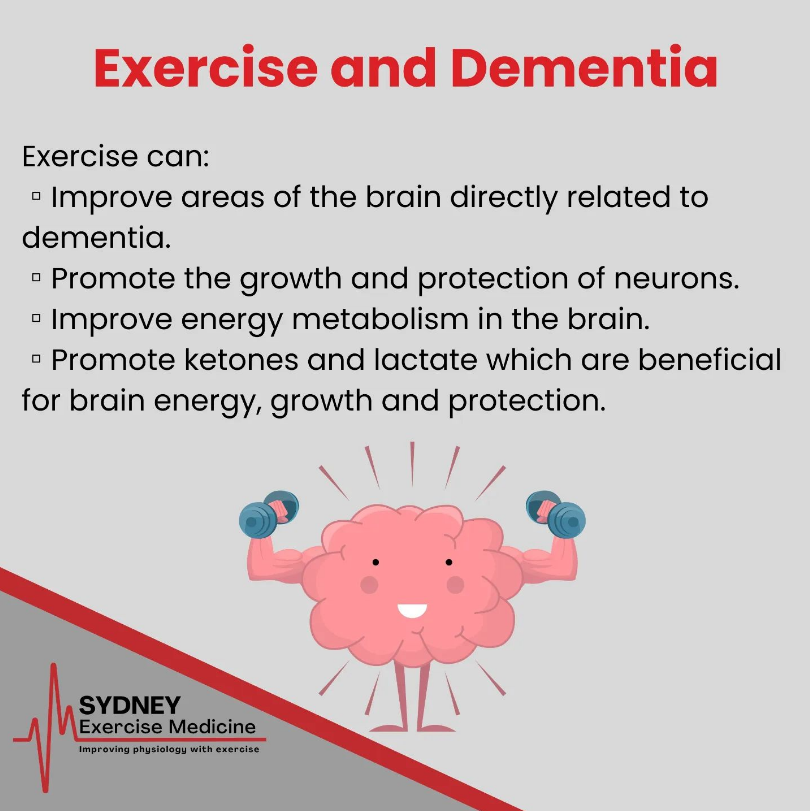STRUGGLING WITH A HEALTH CONDITION, INJURY OR DISABILITY?
WHAT ARE YOU WAITING FOR?
University-qualified, 6-years of experience & equipped to help you.
Let’s work together and improve your health!
Contact us today – 0452 464 040

Sydney Exercise Medicine provides exercise physiology to those living with a health condition or NDIS related disability
Locations:
Girraween Location:
– 5/610 Great Western Hwy, Girraween 2145.
Castle Hill Location:
– 5/10 Victoria Ave, Castle Hill NSW 2154.
Tele-health
Home visit (mobile)
Our Focus:
– Exercise for all health conditions.
– Diabetes management, Insulin resistance or fat loss – Join our diabetes program today.
– Exercise for NDIS Disabilities.

Our exercise physiologist can come to you!
We also have two gym locations.
NDIS Exercise Physiology in Castle Hill.
NDIS Exercise Physiology in Girraween.
NDIS Exercise at home!
Call Chris – 0452 464 040
Age related muscle loss 💪
▫️It is well known that as we age we lose muscle mass and quality. This age-related loss in muscle can be reversed with regular resistance exercise. Resistance exercise is 🔑 for longevity.
▫️The biggest organ in the body is skeletal muscle tissue. When we contract and use muscle, it releases hormones (myokines & exerkines) which can communicate with other organs and have whole-body benefits.
▫️Keeping muscle healthy not only keeps you strong and mobile, but also improves all the organs and systems in the body including the brain, pancreas, bone, heart & immune system for some examples.
If you want to know more about starting a resistance training program, please send us a message.
When you exercise at high intensities, your muscles use LOTS of glucose for fuel and your body senses this as a threat (glycogen depletion). This threat stimulates the release of hormones such as adrenaline as well as the release of myokines which tells the liver to release more glucose for fuel (glycogenolysis and gluconeogenesis).This can elevate blood glucose levels during and 1-2 hours after high intensity exercise (HIE). This may be more pronouned in T1D & T2D.
This is not a bad thing as your body is smart and senses the need for extra fuel (and this is also the reason why eating carbohydrate is not needed before exercise).
✅️Although BGL may increase from HIE, studies have shown HIE is as or more effective than traditional cardio exercise for diabetes. In the extended post-exercise period, studies have reported improved blood glucose levels and insulin sensitivity for up to 72 hours post-HIE!! This is due to several reasons but a main reason is due to increases in glucose transporters which allows bood glucose to easily enter the cell without the need OR a lower need for insulin.
✅️Another benefit is that these hormones also trigger the breakdown, burning and utilization of stored fat!





